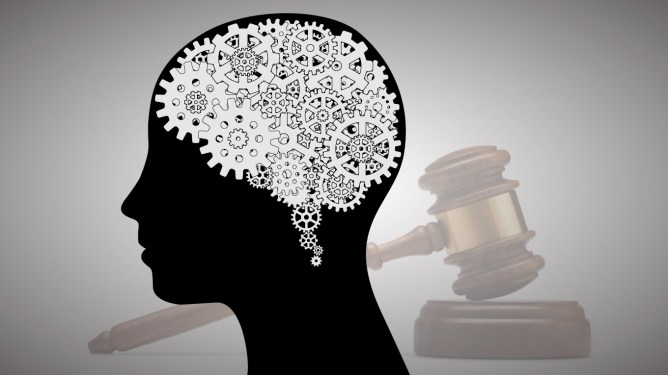Apple’s Patent Defeat: A Win for Innovation
Earlier this month, Apple suffered a significant legal defeat in its battle over patents with Samsung. While the news may not have received widespread attention, it marks an important victory for innovation and a warning sign for technology companies that engage in frivolous patent litigation.
The Flaws of Patent Litigation
Apple’s claims were questionable, to say the least. The three patents at issue, which involved features such as turning a phone number into a link, "slide to unlock," and autocorrecting spellings, were hardly game-changing innovations. In fact, they were simple and common smartphone features that had been around for years.
The three-judge appeals panel agreed with Samsung that there was substantial prior art for the first two patents and that they should never have been granted in the first place. This decision is a welcome development, as it may help to put an end to the patent wars that have plagued the tech industry for far too long.
The Consequences of Patent Litigation
Patent litigation has become a major problem in the tech industry. Companies are spending huge resources defending themselves against frivolous lawsuits, rather than advancing their innovations. This is equivalent to a nuclear arms race – it’s a lose-lose situation that serves no one but the lawyers.
Apple and Samsung have been at war over patents for many years. In 2014, a jury ordered Samsung to pay Apple $119.6 million in damages for infringing on three Apple patents. However, as we now know, these patents were questionable at best.
The Impact on Innovation
Patent litigation is not only a waste of resources, but it also stifles innovation. When companies are busy defending themselves against lawsuits, they can’t focus on developing new technologies and products.
This begs the question: do we even need patents in an era where technology is advancing so rapidly that it makes entire computing platforms obsolete in less time than it takes to be awarded a patent? My colleague, Stanford Law School professor Mark Lemley, notes that when used correctly, patents can be valuable because they generate real technology transfer. However, patent litigation rarely does the world any good.
The Case Against Patents
In his new paper, "Patent Licensing, Technology Transfer, & Innovation," co-authored with Robin Feldman of University of California Hastings, Lemley makes a strong case against patents. The key finding is that patents are only useful when they deliver innovation to consumers that they would not otherwise get.
This happens in rare instances where unique software algorithms need protection. However, all of this can be achieved through copyright laws and trade secrets. In today’s era of exponentially advancing technologies, the only protections that really matter are speed to market and technological obsolescence.
The Underlying Technologies
The underlying technologies are changing so fast that by the time a patent is filed, it loses its innovation value. This is why patents have become increasingly ineffective as a means of protecting intellectual property.
In fact, many experts argue that patents have become a hindrance to innovation rather than a help. By providing a monopoly on certain technologies, patents can stifle competition and innovation.
Conclusion
Apple’s patent defeat is a welcome development in the tech industry. It marks an important victory for innovation and a warning sign for companies that engage in frivolous patent litigation.
As we move forward, it’s essential to rethink our approach to intellectual property protection. Patents have become increasingly ineffective as a means of protecting innovation, and it’s time to consider alternative approaches.
In the end, the only way to truly protect innovation is through speed to market and technological obsolescence. Anything else is just a waste of resources.
Related Stories
- Meta execs obsessed over beating OpenAI’s GPT-4 internally, court filings reveal: A new court filing has revealed that Meta’s executives were fixated on surpassing OpenAI’s GPT-4 model.
- Google’s NotebookLM had to teach its AI podcast hosts not to act annoyed at humans: Google’s AI podcast hosts had to be taught not to come across as annoyed or frustrated when interacting with humans.
Stay Informed
To stay up-to-date on the latest tech news and trends, subscribe to TechCrunch Daily News. Every weekday and Sunday, you’ll receive the best of TechCrunch’s coverage delivered straight to your inbox.
Don’t miss out on our comprehensive list of 2024 and 2025 tech layoffs. Stay ahead of the curve with the latest news from TechCrunch.

